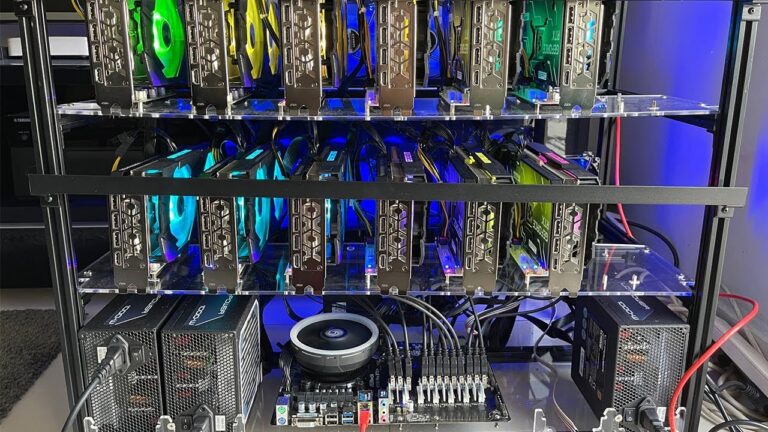It’s been quite some years since one of my radio colleagues showed me Travian. It was a pretty simple game, with almost no graphics at all (it’s not the version you can now play), but fairly challenging and, as I was about to find out later, pretty addictive. Let’s say I played Travian on and off all these years and got really good at it. The problem is that it would also eat up a lot of my time. And, since I am a web designer, my clients don’t pay me to play online games.
Why am I mentioning this game? Because it’s relevant to Remanum from the simple reason that both are created by the same company Travian Games and they are similar and yet different.
For the people who used to play Travian, the fact you needed to put many hours to have some success was a problem. Competitive players like me would lose hours/day managing their armies and fighting the enemy. If you happened to be an alliance leader, that would mean even more work, with planning, war allies and enemies, lists of good players etc.
This is why a game such as Remanum comes pretty handy. You are not fighting people. You don’t need to spend 10 hours/day (or get a sitter – another player to enter your account, when you need to sleep). You can just log in few minutes every day and manage your ‘business’.
About the game
Remanum gets you back to the Ancient Rome, where you are a merchant who’ll produce various goods, sell them and try to build a profitable business, while also being active in the political life (you can vote for players and even run for various offices). As you begin, there are 4 options for cities (Oriental, Roman, Celtic and Carthaginian) and 9 avatars for you to choose from.
Since the entire game is not that easy to understand for a first time player, you’ll have a comprehensive tutorial that should let you in the secrets of trading and commodity mass production. For each tutorial quest you also get rewards, so it will also help your little business get up and running.
This is your Estate. In the top left side of the ‘map’ you have your residence. You’ll want to keep it upgraded since it’s the one that allows you to gain reputation. Reputation in Remanum is important, since just the money you get from the sales is not enough. Even if you have enough denarii to build new industries, if your reputation is not high enough, you will not be able to build anything. So never ignore your reputation.
As you start the game, you are guided to build a clay pit (to produce clay) and then a kiln to produce amphorae. For these you will need clay, so this shows you that you can produce materials and also ‘finished’ products. In order for the business to work, you also need to hire people. The Workers Camp (down the page, middle) is where you can get labourers, craftsmen and masters. Labourers are the lowest ‘rank’, you will use education points to make them into craftsmen and then masters (production will increase for each new levels). The rate your education points come is determined by the Academy level in the city and this can be helped to grow faster by donating (which raises your reputation too).
So, as you can see, you need to be involved in the life of your Roman community and will get many advantages in return.
The products you have in your warehouse can be donated (some of them, if you wish to) and sold at the Emporium, the city Auction House or even over the sea (well, in the 20 Mediterranean cities you can trade with).
This is the city. In the top left side is the Temple which you can visit for free every day to get some advice and some excellent products. All the buildings need to be constantly upgraded (each bringing you and the rest of the players various bonuses), there’s also the Roman Forum where players can run for office and where you can also vote / run for office yourself.
Your main job will be to sell your merchandise, watch for the prices, gain reputation by upgrading the Residence, holding feasts, donating to the city buildings and getting involved in politics, and setting up new industries in the estate.
It’s a slow paced game so, if you’re looking for something that’s wildly fast, Remanum might not be for you.
What’s great about the game?
The graphics (while nothing animated can be found) are beautiful and enticing. It does show a lot of experience from the developers and the fact they have some outstanding graphic designers. The images are a little cartoonish, but very well created. The website is flawless, there’s a lot of information for the new player and the tutorial is really helpful. I was expecting a slow paced game (let’s remember the developers are Travian Games), so this doesn’t irk me at all.
What’s not so great?
I can’t fault the game, honestly. It was easy for me to learn, it doesn’t take me more than 5-7 minutes/day, nobody comes to attack my village. While some strategy games require you to be always on top of your account, so that you’re not getting everything you’ve worked for squashed in minutes by more active players, Remanum doesn’t have anything like this. You can just log in, when you have the time, sell more merchandise, acquire reputation and expand your business.



